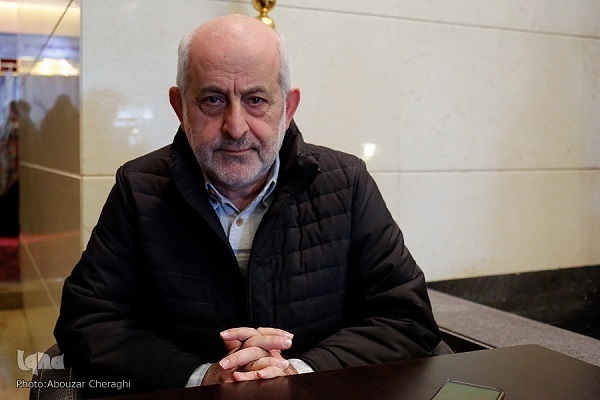Iran’s Response to Potential Israeli Aggression to Shape Region’s Future: Analyst

“Today, the main challenge is the quality of countering a potential Israeli aggression. This interaction will shape the region's path and its future, not just the future of the resistance axis but the entire region,” Lebanese university professor Talal al-Atrisi said.
He made the statement while addressing an online event about regional developments this week.
The remarks come about a week after the Iranian armed forces launched Operation True Promise II, targeting the Israeli military and security sites in a major missile strike. Tehran said the operation was a legitimate response to the Israeli crimes of assassinating Hazbollah leader Sayyed Hassan Nasrallah, Hamas chief Ismail Haniyeh, and IRGC commander Abbas Nilforoushan.
Read More:
The Israeli regime has claimed that it would respond to the operation. Iran, meanwhile, has warned that any Israeli aggression will be met with a stronger answer.
“Israel has expanded these conflicts to a broader front because it is confident that such conflicts will be directly supported by the United States and international forces,” al-Atrisi said, adding that the United States wants the Israeli regime to have the upper hand and is striving for this, “but they will certainly not succeed.”
Elsewhere in his speech, the analyst pointed to the anniversary of Operation Al-Aqsa Flood, launched by Palestinian resistance movements in the besieged Gaza Strip in response to decades of Israeli crimes against Palestinians across occupied territories.
“This operation was a decisive moment for Israel, plunging the regime into doubt and concern about its existence,” he said.
He noted that the developments within the regime span political, diplomatic, intellectual, military, and security levels.
Read More:
He added that the Israeli regime is in a phase of "existential threat" because the achievements of the resistance axis peaked with the Al-Aqsa Flood Operation, leading to a sense of existential threat. “But what does an existential threat mean for Israel? It means that Israel, without any constraints and disregarding regional and international laws and treaties, will engage in a severe war; this is the meaning of an existential threat.”
“I believe that in the year since the Gaza war and Israel's repeated aggressions, the enemy has not been able to achieve its goals,” he added.
The Israeli war on Gaza has killed some 42,000 Palestinians, mostly women and children, while displacing almost all of its 2.3 million population.
4241155



